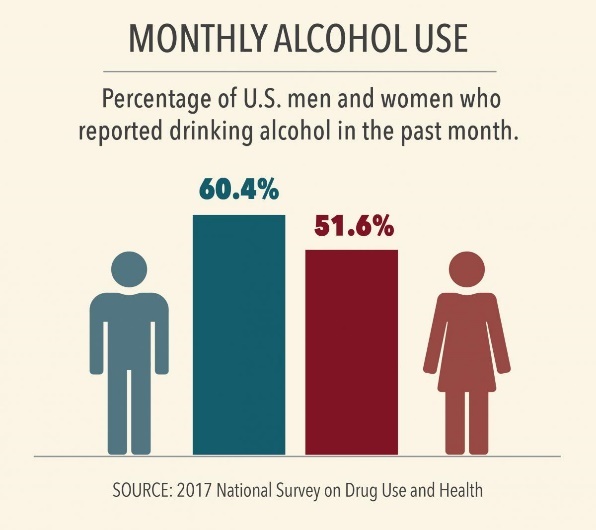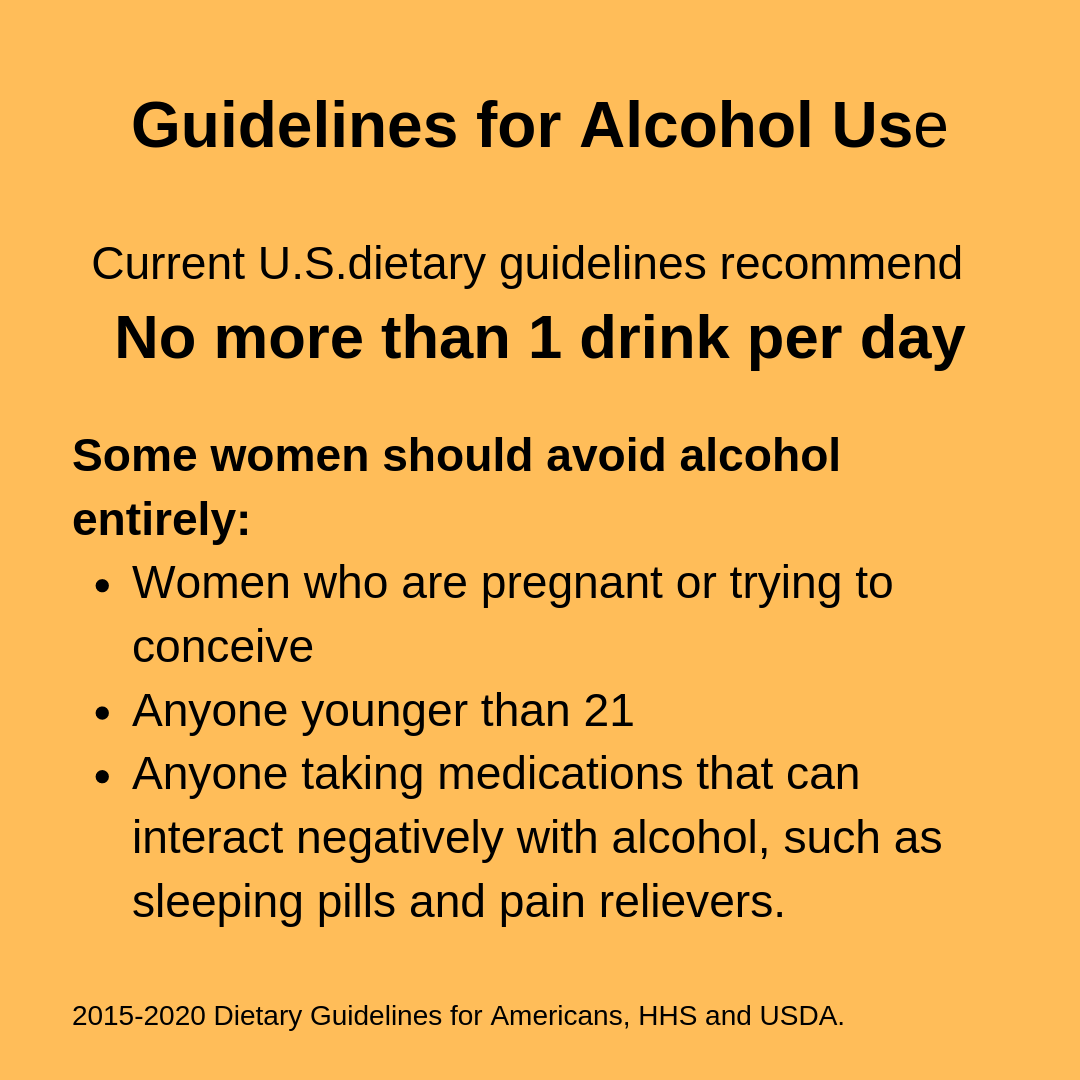For Women, Quitting Alcohol Can Lead to Improved Mental Well-Being
Completely abstaining from alcohol may be beneficial for mental well-being, especially for women, according to a new study in the Canadian Medical Association Journal. These benefits were seen in women who were lifetime abstainers and in women who quit drinking alcohol.
 Researchers examined the association of drinking patters with changes in physical and mental well-being. While moderate alcohol consumption has been associated with medical conditions such as cardiovascular disease and cancers, the study authors note that the “broader impact of alcohol consumption on health-related quality of life is less clear.” Most previous research on the mental well-being benefits of quitting alcohol have looked at people with alcohol dependence.
Researchers examined the association of drinking patters with changes in physical and mental well-being. While moderate alcohol consumption has been associated with medical conditions such as cardiovascular disease and cancers, the study authors note that the “broader impact of alcohol consumption on health-related quality of life is less clear.” Most previous research on the mental well-being benefits of quitting alcohol have looked at people with alcohol dependence.
The researchers looked at large population-representative cohorts of nondrinkers and moderate drinkers in the U.S. and Hong Kong. They found that lifetime alcohol abstainers had the highest level of mental well-being. Women who were moderate drinkers and quit drinking were found to have a significant improvement in mental well-being, approaching the level of mental well-being of lifetime abstainers within 4 years of quitting.
Continued moderate drinking over four years was not associated with improvement in mental or physical well-being. These results remained consistent even after the researchers accounted for body mass, smoking status, self-reported diseases and physical activity and various demographic characteristics.
The authors note the study does not explain the findings or identify specific underlying mechanisms resulting in the benefits. They suggest, however, that quitting alcohol use may lead to reversal of the neurotoxic effects of alcohol and lead to fewer stressful life events, such as conflict within family, which in turn lead to improved well-being.
While overall women drink slightly less than men (see figure), alcohol use and misuse among women is increasing, and women are at greater risk for some alcohol-related problems than men, according to the National Institutes of Health. Women start to have alcohol-related problems and at lower drinking levels that men. Women are also more susceptible to alcohol-related heart disease and to alcoholic hepatitis than men. Alcohol misuse may cause brain damage in women more quickly than men and women may be at greater risk of alcohol-related black-outs. Women who drink alcohol also have an increased risk for breast cancer.
The study results showing the benefits of abstinence fall in line with the growing ‘sober curious’ movement of people who choose not to drink alcohol. More options are becoming available for people who want to socialize without alcohol, such as sober bars and sober social clubs in cities across the country.
If you’re concerned about your drinking, these resources from the National Institute on Alcohol Abuse and Alcoholism can help you learn more and find treatment: Rethinking Drinking and Find Your Way to Alcohol Treatment.
References
- Yao, XI, et al. Change in moderate alcohol consumption and quality of life: evidence from 2 population-based cohorts. CMAJ, 2019, July 8;191:E753-60.
- National Institutes of Health, National Institute on Alcohol Abuse and Alcoholism. Women and Alcohol, Rethinking Drinking, Find Your Way to Alcohol Treatment.
- U.S. Department of Health and Human Services and U. S. Department of Agriculture. 2015-2020 Dietary Guidelines for Americans. Eighth edition. 2015.
